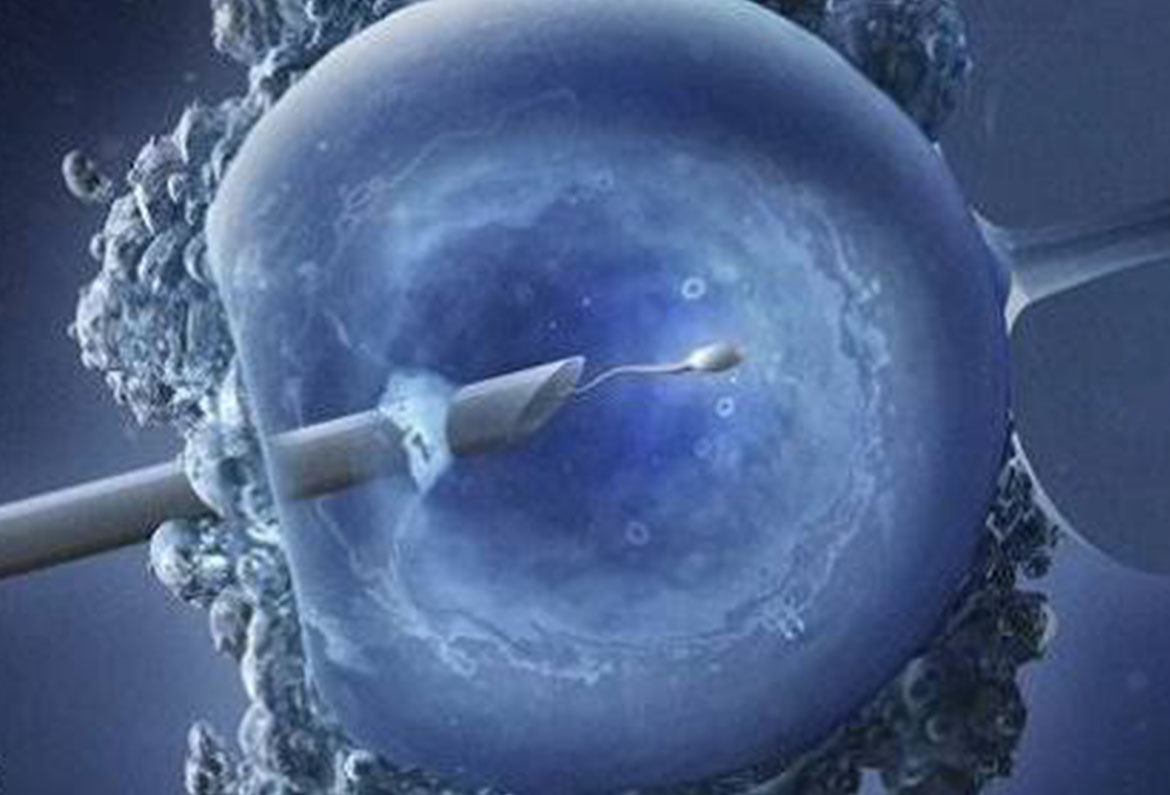Introduction
In vitro fertilization (IVF) signifies a beacon of hope for quite a few people today and partners grappling with infertility. In excess of the previous couple decades, advancements in reproductive technological innovation have not only improved the odds of conception but also opened the doorway to a innovative procedure: preimplantation genetic analysis (PGD). PGD makes it possible for for the genetic screening of embryos in advance of they are implanted in the uterus, making certain that only embryos with out discovered genetic problems or abnormalities are chosen for being pregnant. As we navigate by means of the twenty first century, PGD stands at the forefront of reproductive medication, heralding a new era of genetic screening that guarantees to reshape the long term of IVF.
The Evolution of IVF and Genetic Screening
IVF has gone through a radical transformation considering the fact that the start of Louise Brown, the world’s very first “exam-tube toddler,” in 1978. Early IVF strategies ended up marred by low good results charges and confined knowledge of embryonic progress. The introduction of genetic screening was a sport-changer, allowing embryologists to analyze the genetic make-up of embryos and select people with the maximum opportunity for a balanced pregnancy.
The Enhancement of Preimplantation Genetic Diagnosis
PGD is a specialised system that requires taking away one particular or much more cells from an IVF embryo to take a look at for precise genetic conditions before the embryo is transferred to the uterus. Initially designed to display for intercourse-connected disorders, PGD has expanded to involve a broad range of genetic and chromosomal abnormalities.
Comprehension the Genetic Screening Approach
The system of PGD starts with the standard IVF cycle, where eggs are harvested and fertilized in the lab. After the embryos reach the blastocyst phase, a handful of cells are biopsied and analyzed utilizing just one of many genetic screening techniques, this sort of as polymerase chain response (PCR) or subsequent-generation sequencing (NGS). These strategies permit for the detection of solitary-gene disorders, chromosomal abnormalities, and even the prospective for inherited most cancers syndromes.
The Ethics of Genetic Screening
As with a lot of advances in biotechnology, PGD brings with it a host of moral considerations. The capacity to decide on embryos dependent on genetic standards has sparked debate in excess of the principle of “designer infants” and elevated concerns about eugenics. Ethicists and healthcare pros continue on to grapple with these troubles, striving to come across a stability between the gains of genetic screening and the moral implications of genetic selection.
The Impact of PGD on Genetic Diseases
PGD has experienced a profound impression on the prevention of genetic disorders. Family members with histories of heritable disorders like cystic fibrosis, Tay-Sachs disorder, or Huntington’s sickness now have the possibility to bear children without the need of the panic of passing these circumstances on. This has not only diminished the incidence of sure genetic ailments but also alleviated the psychological and financial load on family members and healthcare techniques.
Progress and Improvements in PGD
The area of PGD is frequently evolving, with new technologies boosting its precision and scope. The arrival of thorough chromosomal screening (CCS) permits for the assessment of all 23 pairs of chromosomes, making sure that only embryos with the correct variety of chromosomes are implanted. This has drastically diminished the danger of miscarriages and improved the good results prices of IVF.
The Function of PGD in Spouse and children Balancing and Gender Variety
A single of the extra controversial areas of PGD is its use in spouse and children balancing and gender assortment. Some argue that the capacity to decide on the sexual intercourse of one’s boy or girl is a all-natural extension of reproductive flexibility, although other individuals fret about the social and demographic repercussions of this sort of decisions. However, in cases where gender-unique genetic conditions are a problem, gender range continues to be a crucial factor of PGD.
The Long term of PGD: Expanding the Options
As we glimpse to the upcoming, PGD is poised to expand in capabilities. Analysis into polygenic danger scores could help PGD to display screen for advanced situations like coronary heart disease or diabetic issues, which are motivated by various genes. There is also the likely to use PGD in conjunction with gene enhancing technologies like CRISPR, to not only find but also suitable embryos at the genetic stage, despite the fact that this continues to be ethically and lawfully contentious.
Lawful and Regulatory Issues
The regulation of PGD may differ substantially around the entire world, with some countries embracing the engineering and other folks imposing rigid constraints. As the science progresses, policymakers will be challenged to make frameworks that be certain moral apps of PGD although supporting scientific development.
Summary
Preimplantation genetic prognosis stands at the intersection of genetics, medicine, and ethics, featuring unprecedented management over the genetic well being of foreseeable future generations. Its integration with IVF has by now increased the prospects of would-be parents to have healthful little ones and promises to continue its trajectory of innovation in the realm of reproductive health. As look at here now progress, it is vital that we contemplate the moral implications and legal frameworks vital to manual the responsible use of this impressive technological know-how. The future of PGD in IVF is not just about the science of genetics, but also about the values we as a society decide on to uphold
Categories
